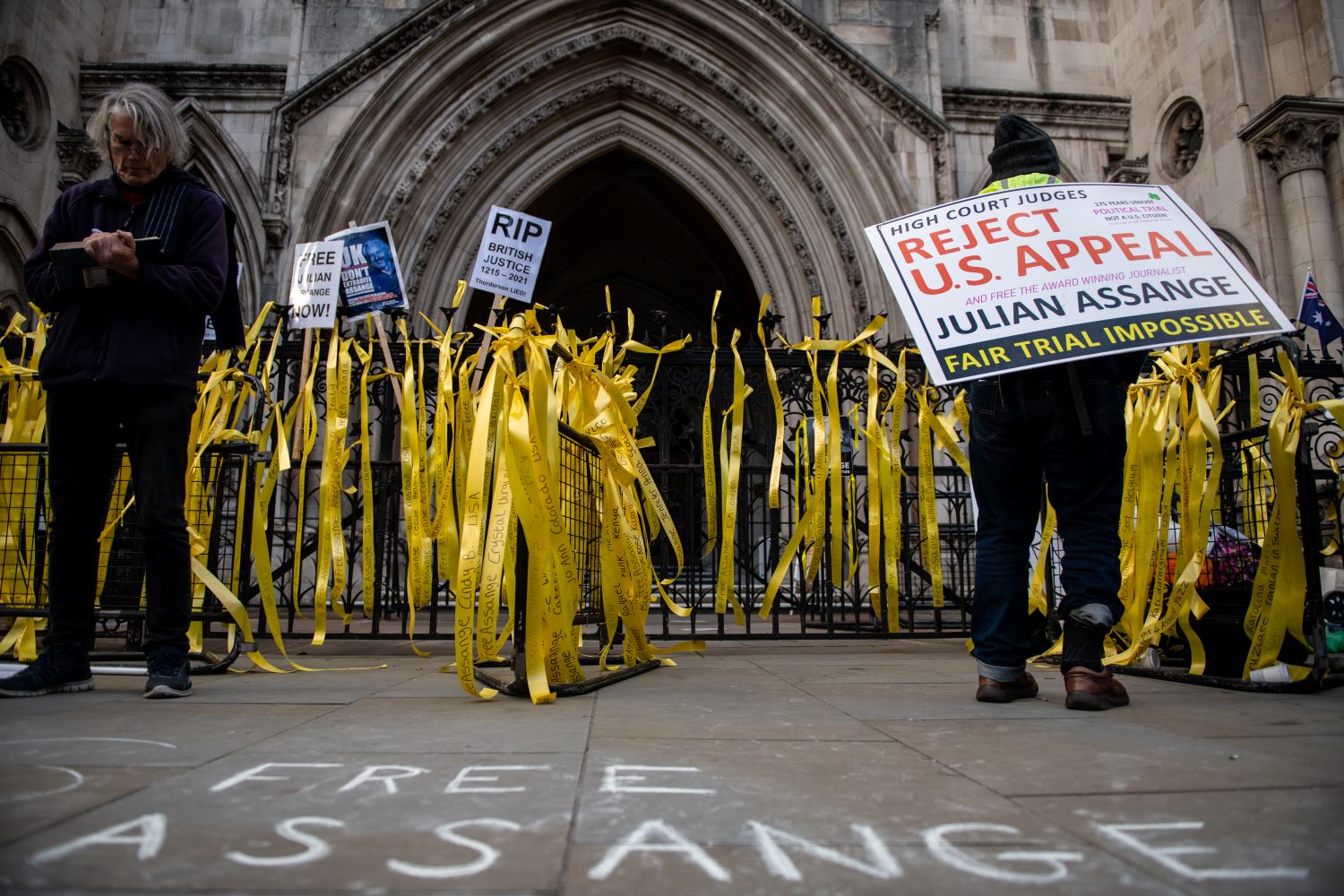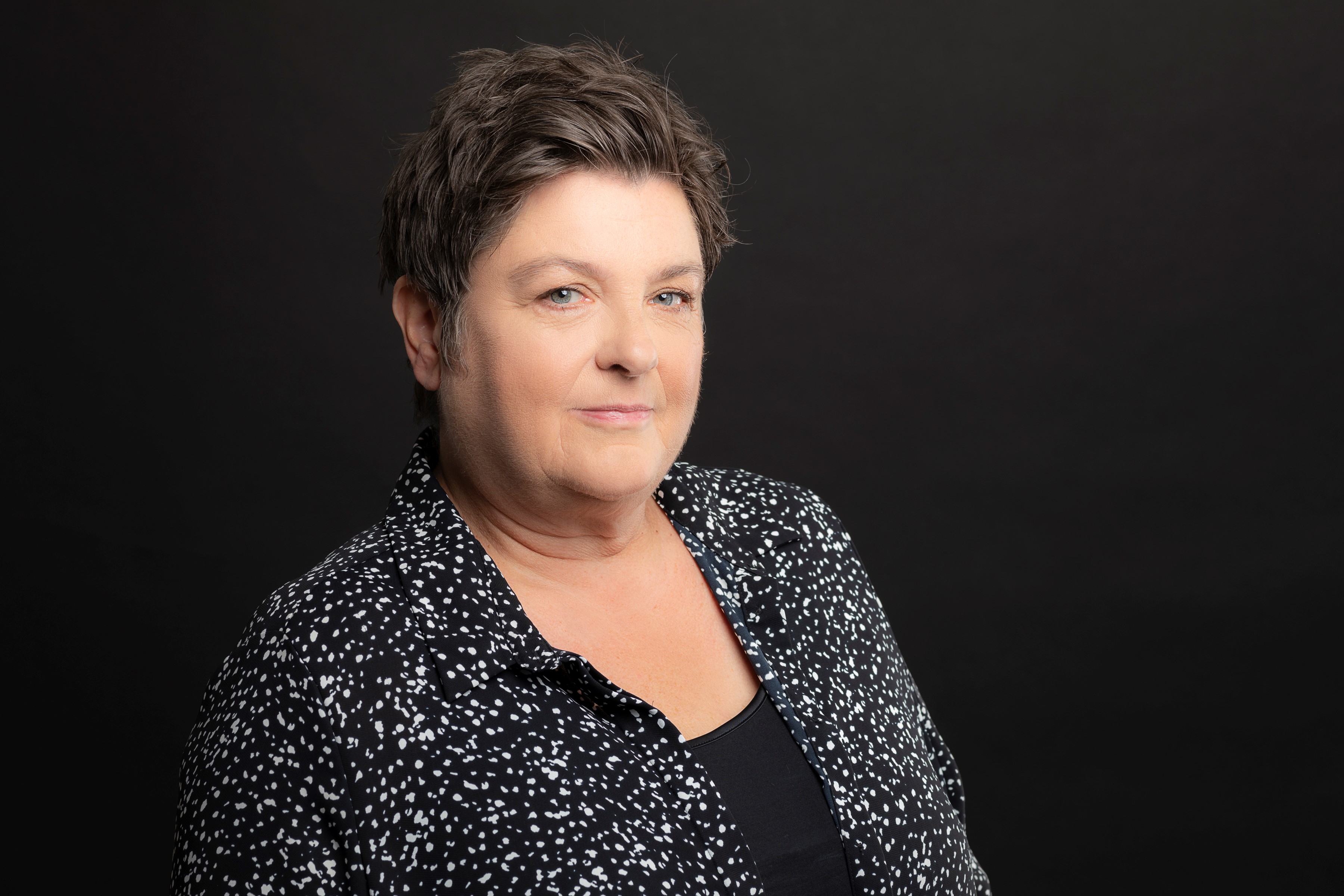Punishing journalists who publish leaked information is an assault on democracy, but journalists still need to handle such information with care and integrity.
The main legal instrument against breaches of British governmental security is the much-criticised Official Secrets Act (OSA). Changes to the OSA are afoot but not in a good way.
Journalists dislike the Act, claiming that it is a way for the government to hide things from its citizens. Prime Minister Boris Johnson, a former journalist who was sacked by The Times for making up a quote, wants to increase both its strength and the punishment for defying it.
If the changes are made, both journalists handling leaked information and whistle-blowers could be criminalised on the same scale as if they had committed espionage. This has brought about much debate, particularly when it comes to the “public interest” test.
In 2016, the Law Commission, an independent body that advises Parliament on controversial legal issues, decided to look at the law for the first time since 1989. The key concern was the evolution of the Internet alongside issues such as the theft of data and spying from overseas.
If journalists publish material from a whistleblower, they are required to verify that the information and source are genuine. The story also needs to be published in the correct and appropriate context.
Then there is the issue of potential harm. A key ethic of journalism is to ensure that eliminating any potential risk to a person’s reputation, rights or life should be paramount. When it comes to leaks involving entire nations and security forces engaged in war or conflict, this risk assessment is imperative.
Journalists must ask if there is a public interest element to the story? If the public needs to be disabused of lies - such as “reasons” for going to war - then yes. However, journalists have a professional and ethical obligation to put the safety of sources above any other consideration.
Have we learned anything from the WikiLeaks scandal about the ethics of journalism in the digital age of today? WikiLeaks states that its mission is to bring censored or restricted information to the public eye and that it has created a “giant library of the world’s most persecuted documents”. In 2015 alone, half a million files were added to the WikiLeaks library, but it transpired that some of these documents contained rogue data, computer viruses, spam and personal records.
Assange and his organisation have put women’s lives at risk. In my view, he does not deserve the title of 'journalist'
WikiLeaks founder Julian Assange branded his company as a “radical transparency” organisation and he is lionised by human rights advocates. But much of what Assange has done has had negative consequences for others.
For example, in 2016, Turkey resorted to blocking access to WikiLeaks in its country after almost 300,000 emails from the country’s ruling party were posted online. One consequence of this was WikiLeaks also posted links on its social media to databases containing sensitive information about millions of Turkish civilians. This included a specific database about women voters in Turkey, including their home addresses and telephone numbers. In some instances, the data included their Turkish citizenship IDs, which posed a safety risk. One file contained the details of more than a million women, but there were 79 files in total and each file contained the details of hundreds of thousands of women. That potentially put millions of Turkish women at grave danger from stalkers, violent ex-partners or anyone else who wished to cause them harm. In a country such as Turkey, where hundreds of women are murdered annually, often by domestic partners, this created a very serious problem.
In this respect, Assange and his organisation put women’s lives at risk. In my view, he does not deserve the title of “journalist”.
The first question a potential leaker should ask is about the status of the information. For example, is it classified or otherwise protected? Is there a system that considers this information restricted? If so, then the leak must be worthy of the betrayal.
The second consideration is whether the potential leaker has gained the information because another person violated an obligation to keep it secret. If either is true, it becomes a more serious matter.
The third consideration is whether the information is about public or private matters. Information about another’s sexual orientation, private finances, or personal phone calls, has more of a claim to privacy than information about a person’s actions as a corporate executive or government official. The difficult cases are those in which an individual’s private life influences their public actions.
Journalists have a professional and ethical obligation to put the safety of sources above any other consideration
What would the benefit to the public be of breaking the story? If the leak serves the political or self-interest of the whistle-blower, this makes it complicated.
Self-interest and anger can cloud the leaker’s view of the damage a leak may cause. It’s crucial to get another’s perspective on what harm will result. Taking the attitude of “the ends always justify the means” is inadequate.
Leaks to the media that may have stopped behaviour or actions that could have caused serious harm seem straightforward enough. Supporters of WikiLeaks say the "war logs" showed evidence of torture which had been ignored, and detailed the deaths of thousands of Iraqi civilians. But Assange has also been much-criticised for causing harm, and putting his ego before the safety of potential victims.
As a journalist who uses unnamed and anonymous sources, I am concerned about any measures that would deter journalists from ethically using whistle-blowers and exposing information in the public interest. But I am also wary of eulogising the likes of Assange who has appeared to treat WikiLeaks as a vanity project.
I recently took the difficult decision to sue a publication for libel, something that journalists generally disapprove of. But I was moved to do so because of an article in which I was not named but was instantly identified by individuals who knew me, my work or both. By not naming me, I believed the publication was able to make the most outrageous and defamatory allegations without being required to come to me for a rebuttal, and without any evidence. I always carefully assess the pros and cons of changing names of interviewees in cases where the law does not require it, ie those who allege sexual assault.
In the UK, the Law Commission may well find itself in a pickle over its suggested changes to the Official Secrets Act. This is not least because, as well as proposing a more punitive law, it also wants the law to be rewritten to include a public interest defence, in order to provide whistle-blowers who expose previously secret evidence of official wrongdoing from claiming that they did it to serve a wider good.
Julie Bindel is a British investigative journalist and women's rights activist
The views expressed in this article are the author’s own and do not necessarily reflect Al Jazeera Journalism Review’s editorial stance




















![Palestinian journalists attempt to connect to the internet using their phones in Rafah on the southern Gaza Strip. [Said Khatib/AFP]](/sites/default/files/ajr/2025/34962UB-highres-1705225575%20Large.jpeg)




















